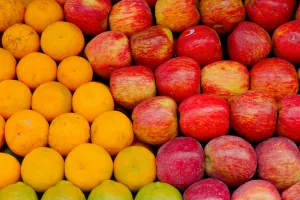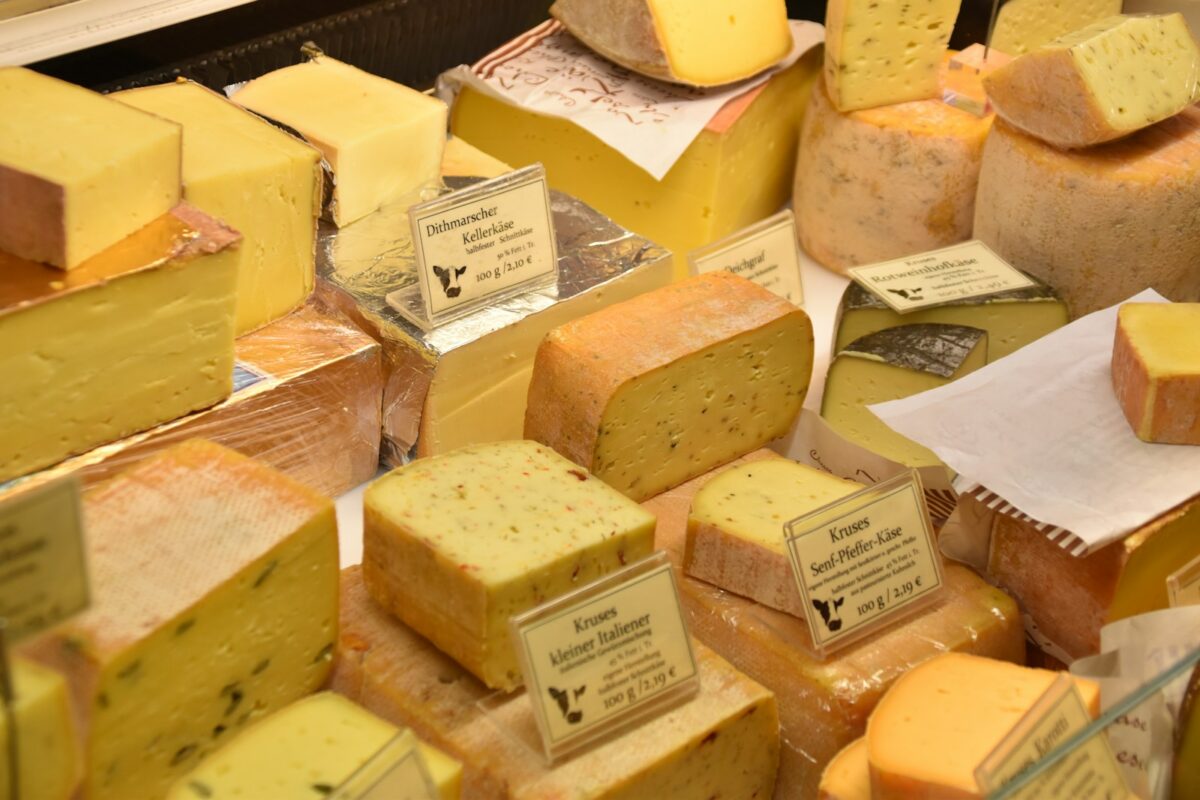As the plant-based movement flourishes, understanding the nuances between veganism and vegetarianism becomes crucial. These lifestyles share common ground yet diverge in philosophy, dietary restrictions, and lifestyle choices.
Veganism: A Holistic Approach
Vegans abstain from all animal products and by-products. This extends beyond diet to exclude leather, wool, and products tested on animals. Veganism is not just a diet but a lifestyle committed to animal welfare, environmental conservation, and health. It encompasses a holistic approach to living, avoiding all forms of animal exploitation.
Vegetarianism: The Diet-Centric Sister
Vegetarianism, while also plant-centric, is primarily focused on diet. Vegetarians exclude meat, fish, and poultry but may consume dairy, eggs, and honey. The lifestyle adopts a more flexible approach compared to veganism, with variations like lacto-ovo (dairy and eggs allowed), lacto (dairy allowed), and ovo (eggs allowed) vegetarianism catering to individual preferences and health needs.
Nutritional Considerations and Lifestyle Choices
Both lifestyles can support a healthy, balanced diet when well-planned. Vegetarians and vegans alike enjoy a variety of fruits, vegetables, legumes, grains, and nuts. The key difference lies in the inclusion of animal by-products like dairy and eggs, which vegetarians might consume for protein, calcium, and other nutrients.
Environmental and Ethical Dimensions
Veganism’s ethical stance against animal cruelty and environmental degradation is a driving force for many adherents. Vegetarianism, while less strict, often aligns with health-centric goals and a desire to reduce animal suffering.
Community and Culture
Both communities offer support and resources, but veganism’s broader ethical stance fosters a unique culture advocating for comprehensive change in how society views and treats all living beings.
Conclusion: A Spectrum of Plant-Based Living
Understanding the distinctions between veganism and vegetarianism empowers individuals to make informed choices aligned with their ethical, health, and environmental values. Whether you lean towards the comprehensive ethos of veganism or the dietary focus of vegetarianism, both paths offer a journey towards a more compassionate, sustainable, and healthful living.



